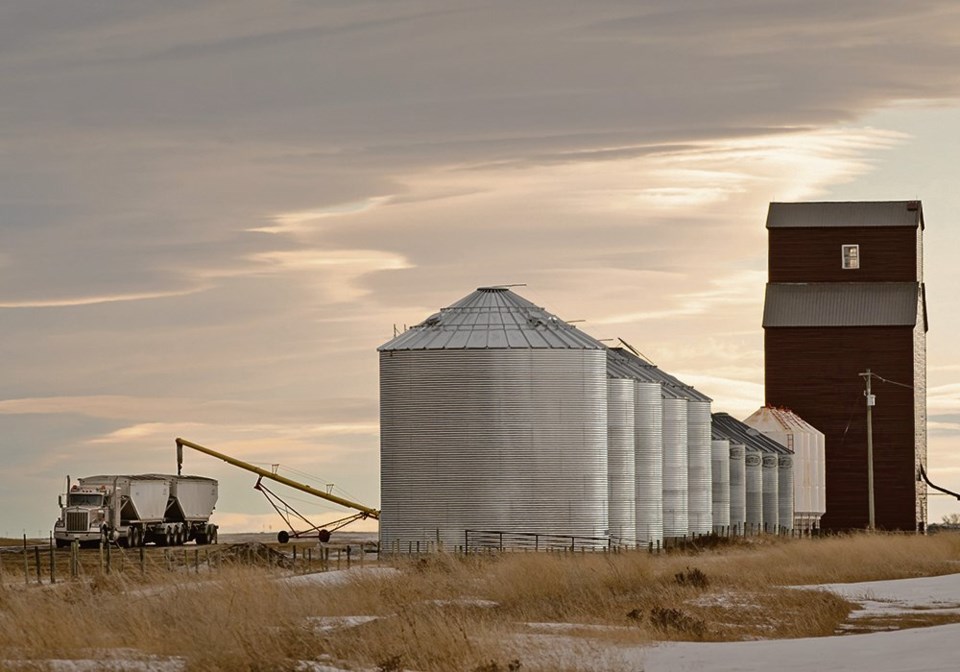WESTERN PRODUCER — This is the second story in a three-part series looking at the Canada Grain Act review process.
Part 1 of this series:
Modernizing the Canada Grain Act could have a far-reaching impact on the Canadian Grain Commission, the federal agency responsible for regulating Canada’s grain trade.
But which aspects of the CGC’s operations are likely to be changed? Which services could be improved or added? And what CGC services, if any, could be eliminated or provided by third-party organizations? Those are questions that are expected to be addressed as part of the federal review of the Canada Grain Act.
In early 2021, the Liberal government launched a review of the act and the operations of the CGC to ensure both are still serving the interests of the grain industry.
Among other things, the CGC oversees establishing procedures for grain grading, resolving disputes between grain growers and elevator companies and inspecting grain export vessels.
In early 2021, industry stakeholders were invited to submit views on how the Canada Grain Act and the operations of CGC might be improved.
A total of 66 submissions were received.
Feedback is summarized in a document entitled “.
In a recent interview with The Western Producer, Doug Chorney, chief commissioner at the CGC, said the grain commission is acting on suggestions received during the industry-wide consultation process.
Chorney said certain changes to CGC operations and programs can be implemented without amending the legislation.
However, other changes would require amendments to the enabling legislation.
“We wanted to take a look at all the information that was collected (in the consultation) … and look at what we could do, within the current act, that would only require regulatory changes or operational changes …,” Chorney explained.
In December, for example, the CGC proposed fundamental changes to the Subject to Inspector’s Grade and Dockage dispute resolution service.
.
“That’s one example of something that we thought we (the CGC) could work on right now … something that has universal interest and appeal,” Chorney said.
The commission is also looking at what can be done — without legislative amendments — to improve the commission’s role in reporting export grain sales and supporting standardized grain contracts, Chorney said.
Over the past year or two, several provincial crop commissions and producer groups have called for an expanded export sales reporting program.
“We (the commission) do provide a lot of information in our Grain Statistics Weekly dataset, but clearly there’s an interest from farmers specifically to get better and more timely information on that,” Chorney said.
Under existing legislation, CGC does not have the authority to collect and publish an enhanced grain export data package, Chorney added.
But commission staff are continuing to study the issue and explore options.
Similarly, under current legislation, the CGC has no authority regarding the use of standardized production contracts between producers and grain buyers.
The CGC’s role in grain grading and oversight emerged as a major theme during the legislative consultations.
In particular, the CGC’s role in mandatory inspection and weighing of outbound grain vessels generated much discussion.
The Canada Grain Act currently requires that all grain discharged from an export terminal must be inspected and weighed by the CGC to verify the quality and quantity of grain.
According to Agriculture Canada, there is general support for mandatory outward inspection to continue.
However, stakeholders are divided on whether the CGC should continue to provide the service itself, or whether third-party inspectors should provide the service, under CGC oversight.
Some organizations, including Alberta’s provincial wheat and barley commissions, want mandatory outward inspection to be eliminated and replaced with optional third-party inspections.
“The feeling of our commissions is that outward weighing and inspection is a duplication of services because most grain (export) contracts already require an inspection by a third-party company,” said Alberta Wheat Commission general manager Tom Steve.
Steve said a joint submission by Alberta Wheat and Alberta Barley suggested that the CGC should move away from being a service provider and focus more on being a regulator.
The Alberta Wheat submission also recommended that the CGC expand its mandate in terms of inspections and oversight services at country elevators.
Steve said the use of “non-grading factors” to determine the value of grain is an issue of concern to grain growers, but one where the CGC has no jurisdiction.
“There are a number of factors, including falling number for example, that don’t fall under the official grading factors, so we’re hoping to find some common ground on issues like that,” Steve said.
Other stakeholders who made submissions during the 2021 consultation suggested:
- Increased auditing and CGC oversight of grain-buying practices at primary elevator locations.
- Closer monitoring of grading and sampling procedures.
- Improved training opportunities for third-party grain graders.
- The use of standardized equipment at primary elevator locations to ensure accurate and consistent testing for non-grading factors such as moisture content, protein levels, falling number and deoxynivalenol (DON) concentrations.




